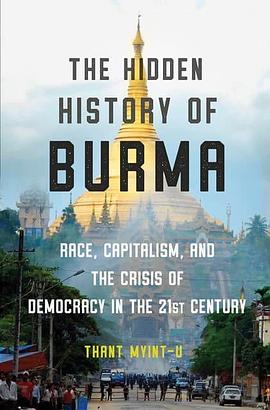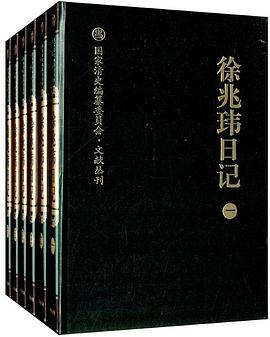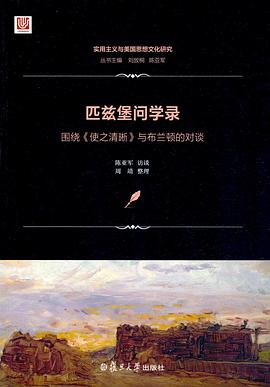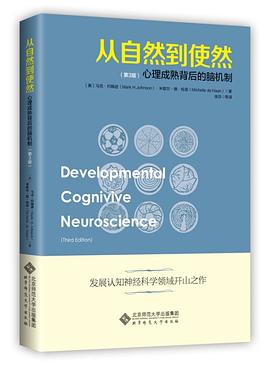The Hidden History of Burma
内容简介
How did one of the world’s "buzzy hotspots" (Fodor’s 2013) become one of the top ten places to avoid (Fodor’s 2018)?
Precariously positioned between China and India, Burma’s population has suffered dictatorship, natural disaster, and the dark legacies of colonial rule. But when decades of military dictatorship finally ended and internationally beloved Nobel laureate Aung San Suu Kyi emerged from long years of house arrest, hopes soared. World leaders such as Barack Obama ushered in waves of international support. Progress seemed inevitable.
As historian, former diplomat, and presidential advisor, Thant Myint-U saw the cracks forming. In this insider’s diagnosis of a country at a breaking point, he dissects how a singularly predatory economic system, fast-rising inequality, disintegrating state institutions, the impact of new social media, the rise of China next door, climate change, and deep-seated feelings around race, religion, and national identity all came together to challenge the incipient democracy. Interracial violence soared and a horrific exodus of hundreds of thousands of Rohingya refugees fixed international attention. Myint-U explains how and why this happened, and details an unsettling prognosis for the future.
Burma is today a fragile stage for nearly all the world’s problems. Are democracy and an economy that genuinely serves all its people possible in Burma? In clear and urgent prose, Myint-U explores this question―a concern not just for the Burmese but for the rest of the world―warning of the possible collapse of this nation of 55 million while suggesting a fresh agenda for change.
......(更多)
作者简介
Thant Myint-U is an award-winning writer, historian and conservationist. He served for over a decade with the United Nations, including in peacekeeping operations in Cambodia and the Balkans, and was an advisor to the Burmese government during the early years of the transition from military dictatorship. He lives in Rangoon, where he currently heads U Thant House and the Yangon Heritage Trust.
......(更多)
目录
......(更多)
读书文摘
沒有人試圖分析威權主義的根源或緬甸境內錯綜複雜的民族關係。也沒人費心去理解此國令人痛苦而難忘的過去,或思索殖民統治對後世的影響。真有人想到緬甸形形色色的民族時,都把各民族視為軍事壓迫的另一批受害者,認為他們站在「民主」這一邊。靠近中國邊境一帶停火之事,外界依然是眼不見心不想,沒在關心。善惡對立的有力論述,壓下其他所有考量。
......(更多)






